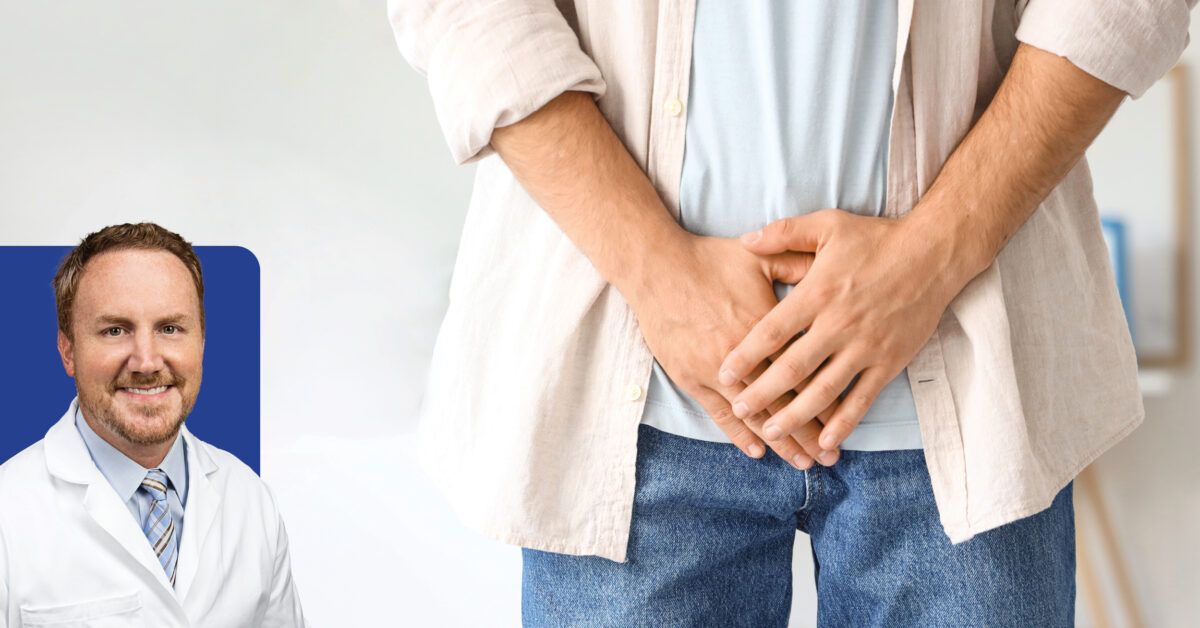
Fitting In FITNESS During The Holidays
December 2024
Year End Tax Time To-Do List
December 2024Do you wake up feeling more tired than when you went to bed? Does your partner nudge you awake in the middle of the night because of your snoring? These seemingly minor issues may be your body’s way of signaling a deeper problem—one that could be affecting not just your sleep but your overall health.
Sleep disorders like sleep apnea are more common than many people realize, and the effects can reach far beyond restless nights. At the Sleep Disorder Center of Louisiana, patients receive expert care to identify and treat the underlying causes of their sleep-related issues, leading to better health and improved quality of life.
Sleep apnea, a condition where breathing stops and starts repeatedly during sleep, often goes undiagnosed because its symptoms can be subtle or attributed to other causes. However, there are telltale signs that could indicate sleep apnea:
· Excessive daytime sleepiness: Dozing off during the day, struggling to stay awake at work, or feeling the need for frequent naps.
· Frequent morning headaches: These could result from a lack of oxygen during sleep.
· Loud, disruptive snoring: This is one of the most common symptoms, especially if accompanied by choking or gasping for air during the night.
· Waking up feeling unrefreshed: Despite spending enough hours in bed, you may still feel drained.
· Difficulty concentrating: Sleep apnea can impair memory and focus, making daily tasks more challenging.
“Sleep apnea doesn’t just disrupt your nights—it can have serious consequences for your long-term health,” says Dr. Phillip Conner, the Sleep Disorder Center’s board-certified sleep physician. “Untreated sleep apnea has been linked to conditions like heart disease, diabetes, and even stroke.”
Understanding Sleep Apnea
Sleep apnea comes in two primary forms:
· Obstructive Sleep Apnea (OSA): The most common type, caused by a blockage of the airway when the muscles in the throat relax.
· Central Sleep Apnea: A less common form where the brain doesn’t send proper signals to the muscles that control breathing.
In both cases, the interruptions in breathing can occur dozens or even hundreds of times a night, disrupting the natural sleep cycle and preventing restorative sleep.
How It’s Diagnosed
Many people don’t realize they have sleep apnea until a partner mentions their snoring or a doctor raises concerns. Diagnosing sleep apnea begins with a comprehensive evaluation.
· Initial Consultation: Patients meet with specialists to discuss their symptoms, medical history, and lifestyle.
· Sleep Studies: This can involve either an at-home sleep test or an in-lab sleep study, where advanced technology monitors breathing patterns, oxygen levels, and brain activity during sleep.
“Sleep is one of the most critical components of overall health,” adds Dr. Conner. “Through precise diagnosis and personalized treatment, we can help patients not only sleep better but also improve their overall quality of life.”
Effective Treatment Options
The good news is that sleep apnea is treatable, and the right approach can transform your sleep—and your health. Depending on the diagnosis, treatment may include:
· Continuous Positive Airway Pressure (CPAP): A machine that keeps the airway open by providing a constant flow of air through a mask.
· Oral Appliances: Custom devices worn during sleep to keep the airway unobstructed.
· Lifestyle Changes: Losing weight, avoiding alcohol, and sleeping on your side can help reduce symptoms.
Why Seek Help?
The impact of untreated sleep apnea goes far beyond fatigue. It can strain relationships, decrease work productivity, and, most importantly, take a toll on your health. By addressing sleep apnea, you not only improve your sleep but also reduce the risk of life-threatening conditions. If these symptoms sound familiar, don’t wait to seek help. Poor sleep doesn’t have to be the norm.
Contact the Sleep Disorder Center of Louisiana in Lake Charles and start your journey to better health and restful nights. 4820 Lake Street Lake Charles, 337-310-7379






